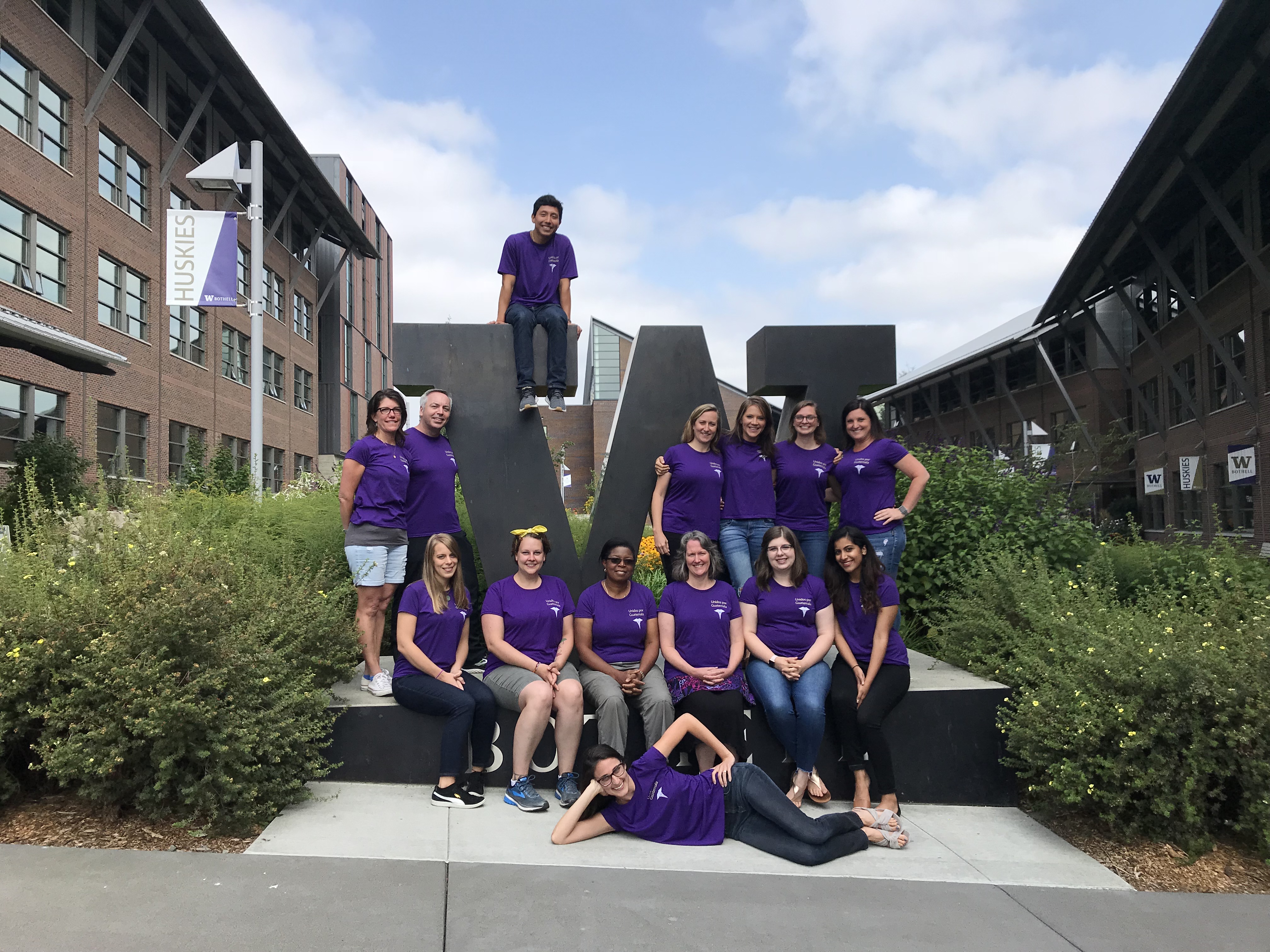Dean’s Corner: SNHS and Global Health
Greetings from our dean,

Global Health studies is exponentially increasing in importance and size. Both domestically and globally, the School of Nursing and Health Studies is dedicated to decreasing the burden of disease, understanding the social determinants of health, advancing health promotion, and building community capacity and resilience to respond to pressing health challenges. We rise to this mission through our educational, scholarly and practice related work. Our faculty carry out global health focused activities in several countries and regions around the world. Our faculty generate cutting edge insights, expand the research knowledge base, teach students about the social production of health and well-being across several countries simultaneously, and set up clinics in remote locations where health care infrastructures are lacking or non-existent. Recently, we were proud to have launched our new global health undergraduate minor…which is 1 of only 2 Global Health minors available in the state of Washington! UW Bothell’s new minor draws on our campus and School-level strengths in community engagement, social justice, interdisciplinarity, connected learning and global engagement, and provides key competencies that students need for the pursuit of global health careers.
As we celebrate the launch of the global health minor and this focus in our School, we simultaneously feature the work of several faculty whose expertise in global health is inspiring, innovative, and impactful.:
- For several years, Dr. Mabel Ezeonwu has been leading an innovative service-learning global health course. It is designed to expose students to the policy contexts in which health care is delivered in resource-poor settings. She takes as her focus particular emphasis on the indigenous communities of Guatemala. Through a study abroad program, she aims to expose students to global development, health systems, global health issues and health care delivery in low resource communities. The course utilizes the community as the pedagogical platform and challenges students to view global health care issues holistically in order to understand how in-country health policies are influenced by local and global determinants. Out of this work several journal articles have been published, one of which examines risk factors and symptoms of sexually transmitted infections in rural Mayan villages in Guatemala. Another examines community-based education in global low-resourced settings by examining the interprofessional work she does in these underserved rural villages with students to deliver primary care.
- Dr. Kosuke Niitsu has designed, applied for, and was awarded a Collaborative Online International Course (COIL) where he is comparing nursing, health care and cultural differences between Japan and the United States. He is working with Dr. Akiko Kondo, a nursing professor from the Tokyo Medical and Dental University to launch and deliver the program. Several lectures will be live/synchronous between the United States and Japan. For the asynchronous online portions of the course, course leaders plan to use the technology known as Padlet where students can virtually introduce themselves and discuss and debate health-related content online.
- Dr. Jody Early and colleagues from the Waterford Institute of Technology School of Health Sciences and IT Carlow in Ireland are carrying out a project known as TEACH CoLab (Transnational Education and Community Health Collaboratory). The work focuses on identifying and addressing factors that contribute to health disparities and social injustices locally and globally. TEACH CoLab is a multifaceted collaboration between these 3 institutions and the partnership connects faculty, students, and community partners and the exchange of best practices. The collaboration has received funding support from the government of Ireland and the ERASMUS+ programme. Participants in both regions through Collaborative Online International Learning (COIL) courses, internship placements with local health organizations, examine relevant health promotion issues through a cross-cultural and trans-disciplinary lens, enabling shared global reflection. The project also aims to upskill staff in engaging with innovative teaching methodologies to empower deeper global connections between university students and staff, and also between universities and their local and regional community partners and health practitioners. The project team envisions expanding the teaching of global health topics to students in non-health disciplines in future (e.g. students in arts and business). Numerous SNHS faculty are interested in the project as its leader, Dr. Early seek to scale up this work through a larger grant. Interested SNHS faculty include Drs. Meghan Eagan-Torkko, Sunita Iyer, Andrea Stone, Mo West, Dan Bustillos, Dean Dworkin, and others.
- Dr. Nora Kenworthy who spearheaded our Global Health minor in the School has been carrying out Global Health research since the start of her career. She continues to produce innovative research in the area of the political determinants of health inequities, including public health financing. She has recently published a 2019 journal article in Globalization and Health titled “Crowdfunding and global health disparities: an exploratory conceptual and empirical analysis”. In this work, she carries out an analysis of how medical crowdfunding (seeking donations for personal causes through media driven social networking) influences health inequalities and she examines how the platforms and practices associated with this trend reshape health policies, health care markets and health data. For more on Nora’s work in this area, see: http://faculty.washington.edu/njk8/medical-crowdfunding/
- Dean Shari L. Dworkin a consultation for the World Health Organization in December. The purpose of the consultation was to set a global health research agenda focused on masculinities in the context of sexual and reproductive health (SRH) programming. This is the topic of Dr. Dworkin’s research that spans 15 years in sub-Saharan Africa and the United States. Sixteen experts from around the globe attended, including colleagues from Lebanon, India, South Africa, Ireland, Brazil, Australia and the United States attended. The group examined the evidence base on men in the context of sexual and reproductive health programs, reviewed outcome measures and the success of interventions thus far and identified gaps in the evidence base. They then set priority research domains in global health focused on men, masculinities and gender-transformative approaches that engage men working towards gender equality and improved SRH outcomes.
